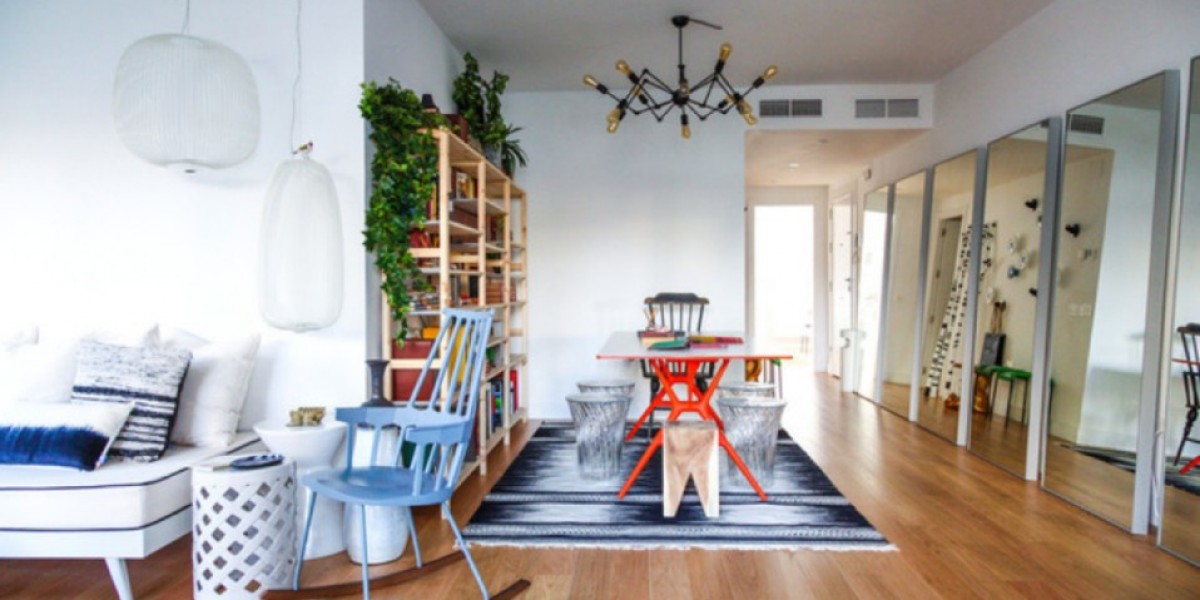
In today’s fast moving world, screens are literally everywhere — smartphones, tablets, TV’s, even those fancy toys with blinking lights. While these devices can give parents a few peaceful minutes, they also bring some tricky challenges, especially when it comes to toddlers.
At Modern Early (Deepali campus), we meet many parents who ask — "How much screen time is really okay for my little one?" Well… the answer isn’t just about the number of minutes, but also about what screens might be replacing in your child’s daily life.
Why Regulating Screen Time Matters for Toddlers
At Modern Early, a part of one of the Top School New Delhi institutions, we believe the early years are about connection, not just content. The World Health Organisation recommends zero screen time for children under 2 years, and no more than an hour for kids aged 2 to 4. But it’s not only about duration — it’s about how screens can affect brain development, emotions, and even social skills.
Shorter Attention Span
Screens often show flashing images and quick scene changes. This pace can make toddlers’ brains crave constant novelty, making it harder for them to sit still and focus in slower, real-world situations like listening to a story or building a block tower.
Missed Real-World Learning
From touching leaves to pouring water into cups — toddlers learn best with their hands, ears, and eyes engaged in the real world. Overusing screens can crowd out those rich, sensory experiences that help develop problem-solving and language skills.
Social–Emotional Growth Gets Affected
Babies and toddlers learn emotions by looking at faces — eye contact, smiles, frowns. Too much screen time and not enough face-to-face time can delay emotional understanding and bonding.

Sleep Troubles & Mood Swings
The blue light from screens messes with melatonin, making it harder for your toddler to sleep well. And let’s be honest, a tired toddler is usually a cranky toddler.
8 Practical Tips to Regulate Screen Time
These are some simple things we suggest to families at Modern Early to balance tech with healthy activities:
Set a Screen Schedule
Kids feel secure with routines. Decide when screens can be used and when they can’t — for example, no screens during meals or one hour before bedtime. Use a timer to make it visual and easy for them to understand.Give Hands-On Play Priority
Offer activities like painting, puzzles, clay modelling, or just splashing in water. These do more for brain development than any app.Be the Example
Children copy what they see. If you’re scrolling during dinner, they’ll want to too. Put the phone down and engage — it speaks louder than words.Pick Quality Content
When screens are used, choose high-quality, age-appropriate shows or games. Watch with them, ask questions, and talk about what’s happening.Make It Social
Sing along with songs, discuss the story, or act it out afterwards. Turning screen time into interaction time makes it much more valuable.Monitor Content Closely
Use parental controls, but don’t depend on them completely. Even "child-safe" platforms can have ads or autoplay videos that aren’t right for toddlers.Celebrate No-Screen Days
Mark a few days each week as totally screen-free and fill them with things like baking cookies, building pillow forts, or going for nature walks.Protect Bedtime
Avoid screens at least an hour before sleeping. Read a book, play soft music, or simply talk about the day instead.
How We Approach Screen Time at School
In our classrooms at Modern Early, which is known as one of the Best Preschools in New Delhi, learning comes through stories, songs, outdoor play, and group activities. We encourage parents to mirror this at home — because a child who learns through interaction and exploration develops better focus, creativity, and social skills.
Our philosophy connects with the idea of Education in Pitampura New Delhi that values balanced growth over early gadget exposure. Parents often notice improved attention, better moods, and stronger communication skills when screens are limited in a thoughtful way.

A Note for Parents
Screens aren’t evil — they’re part of life now. The real trick is making sure they don’t replace the magic of real-world experiences. It’s about balance, not banning. And when used wisely, they can even become tools for learning and connection.
If you’re looking for guidance, our team at Modern Early runs parenting workshops where we talk about things like attention span, behaviour, and building healthy tech habits. You’ll also get to connect with other parents facing the same challenges.
We also invite families to explore our programs — from playgroup to nursery — where we combine structured learning with play, following the philosophy that makes us one of the trusted Nursery Schools in Pitampura, Delhi.
Address: Modern Early Years, Deepali, Pitampura – New Delhi (Early Years Facility of The Modern School ECNCR-DELHI)
Phone: 01127012531, 32, 33
Email: deepali@modernschoolec.com
For admissions or to learn more about our campus — whether you’re searching for a Top playschool school delhi or guidance on parenting — we’re here to help you and your child take the first steps toward a joyful, balanced learning journey.








